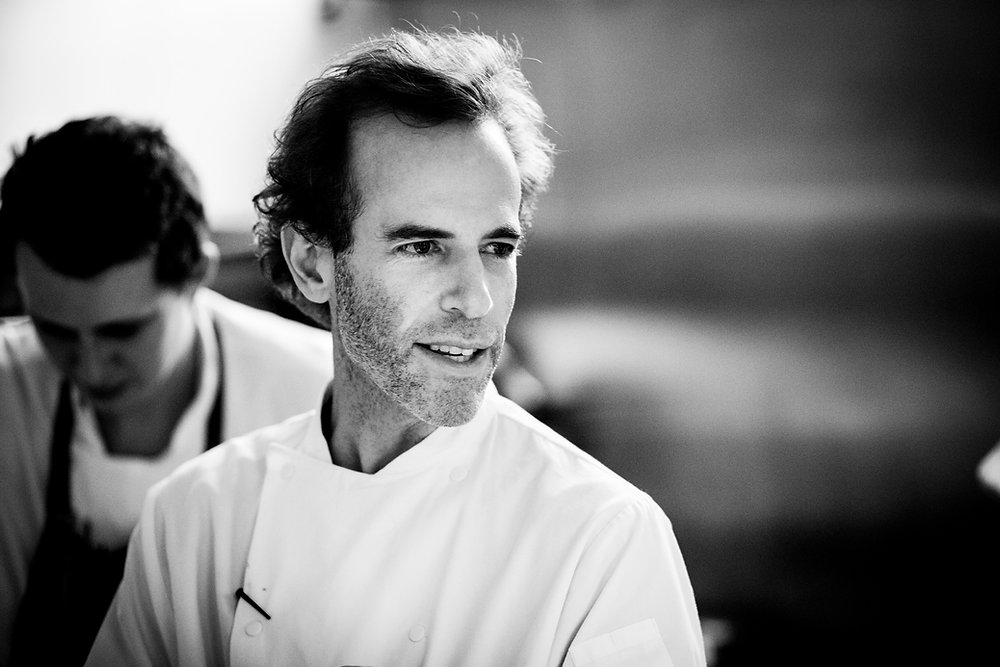
Introduction:
Dan Barber is a renowned chef and thought leader in the culinary world, known for his innovative approaches to farm-to-table dining and sustainable agriculture. As the co-owner of Blue Hill in Manhattan and Blue Hill at Stone Barns, Dan Barber has revolutionized how we think about food, emphasizing the importance of locally sourced and environmentally responsible ingredients. The term “Dan Barber Whiting Turner” might combine two different worlds. Still, it reflects an intriguing concept when considered through the lens of sustainability and the transformation of the culinary landscape.
The Philosophy of Dan Barber Whiting Turner
The “Dan Barber Whiting Turner” philosophy centres on integrating sustainable practices within the culinary and construction industries. For Dan Barber, this means creating a dining experience deeply rooted in sustainability. His restaurants are known not only for their delicious food but also for their commitment to ecological responsibility. This vision aligns with the sustainable building practices promoted by Whiting Turner, a leading construction management company known for its green building initiatives.
Dan Barber’s Revolutionary Approach to Cuisine
Dan Barber’s approach to cuisine is grounded in the belief that chefs are responsible for considering the environmental impact of their cooking. At Blue Hill at Stone Barns, Barber has implemented a unique model where the restaurant is directly linked to the farm, allowing him to control the quality and sustainability of the ingredients used. This farm-to-table approach is a core aspect of the Dan Barber Whiting Turner philosophy, emphasizing the need for a harmonious relationship between human consumption and nature.
Whiting Turner’s Commitment to Sustainable Building
While Whiting Turner is a construction company, its commitment to sustainability mirrors the principles advocated by Dan Barber. Whiting Turner specializes in green building projects that minimize environmental impact and promote sustainability. This includes using energy-efficient materials, reducing waste, and implementing sustainable construction practices. The alignment between Dan Barber’s culinary practices and Whiting Turner’s construction methods showcases a shared dedication to preserving natural resources.
The Connection Between Dan Barber Whiting Turner and Sustainable Practices
The concept of “Dan Barber Whiting Turner” is a fascinating intersection of culinary arts and sustainable construction. Both Dan Barber and Whiting Turner are pioneers in their respective fields, championing the importance of sustainability. For Dan Barber, this involves educating the public about sustainable agriculture and the importance of eating seasonally and locally. For Whiting Turner, it means creating energy-efficient and environmentally friendly buildings. Together, they represent a comprehensive approach to sustainability that spans multiple industries.
Innovations in Sustainable Dining Spaces
One could imagine a scenario where the principles of Dan Barber and Whiting Turner come together to create sustainable dining spaces. For instance, a restaurant designed by Whiting Turner could incorporate sustainable materials, energy-efficient systems, and waste-reducing technologies. This would complement Dan Barber’s commitment to using locally sourced ingredients and minimizing food waste. A dining space that reflects the values of “Dan Barber Whiting Turner” would set a new standard for sustainability in the culinary world, providing a holistic experience that marries sustainable architecture with responsible dining.
Educating the Next Generation on Sustainability
A vital element of the Dan Barber Whiting Turner philosophy is education. Dan Barber is known for his efforts to educate the public and future chefs on the importance of sustainability in cooking. He has spoken extensively on the need for a culinary revolution that prioritizes the environment. Similarly, Whiting Turner is committed to educating its clients and stakeholders about the benefits of green building practices. By fostering a culture of sustainability, both Barber and Whiting Turner are paving the way for a more sustainable future.
The Impact of Dan Barber Whiting Turner on the Culinary Industry
The impact of Dan Barber Whiting Turner on the culinary industry cannot be overstated. Dan Barber has not only changed the way chefs think about ingredients but has also influenced how restaurants operate. By focusing on sustainability, Barber has encouraged other chefs to consider the environmental footprint of their kitchens. “Dan Barber Whiting Turner” represents a holistic approach to sustainability, enabling chefs and restaurateurs to think beyond the kitchen and consider the entire ecosystem in which they operate.
A Vision for the Future: Dan Barber Whiting Turner
Looking forward, the Dan Barber Whiting Turner concept suggests a future where sustainability is a fundamental consideration in both culinary arts and construction. Imagine a world where every restaurant is designed with sustainability in mind, from sourcing ingredients to building itself. This vision is not only possible but increasingly necessary as we face the challenges of climate change and resource depletion. The “Dan Barber Whiting Turner” philosophy serves as a blueprint for a more sustainable future, where every decision is made with the environment in mind.
Conclusion:
In conclusion, the “Dan Barber Whiting Turner” concept represents an exciting intersection of culinary arts and sustainable construction. By bringing together the principles of sustainable farming and green building, Dan Barber and Whiting Turner highlight the importance of a comprehensive approach to sustainability. This philosophy encourages us to think beyond traditional boundaries and consider how different industries can collaborate to create a more sustainable world. Whether through a meal prepared with locally sourced ingredients or a building designed to reduce environmental impact, the principles of Dan Barber Whiting Turner remind us that every choice matters in the pursuit of a sustainable future.
